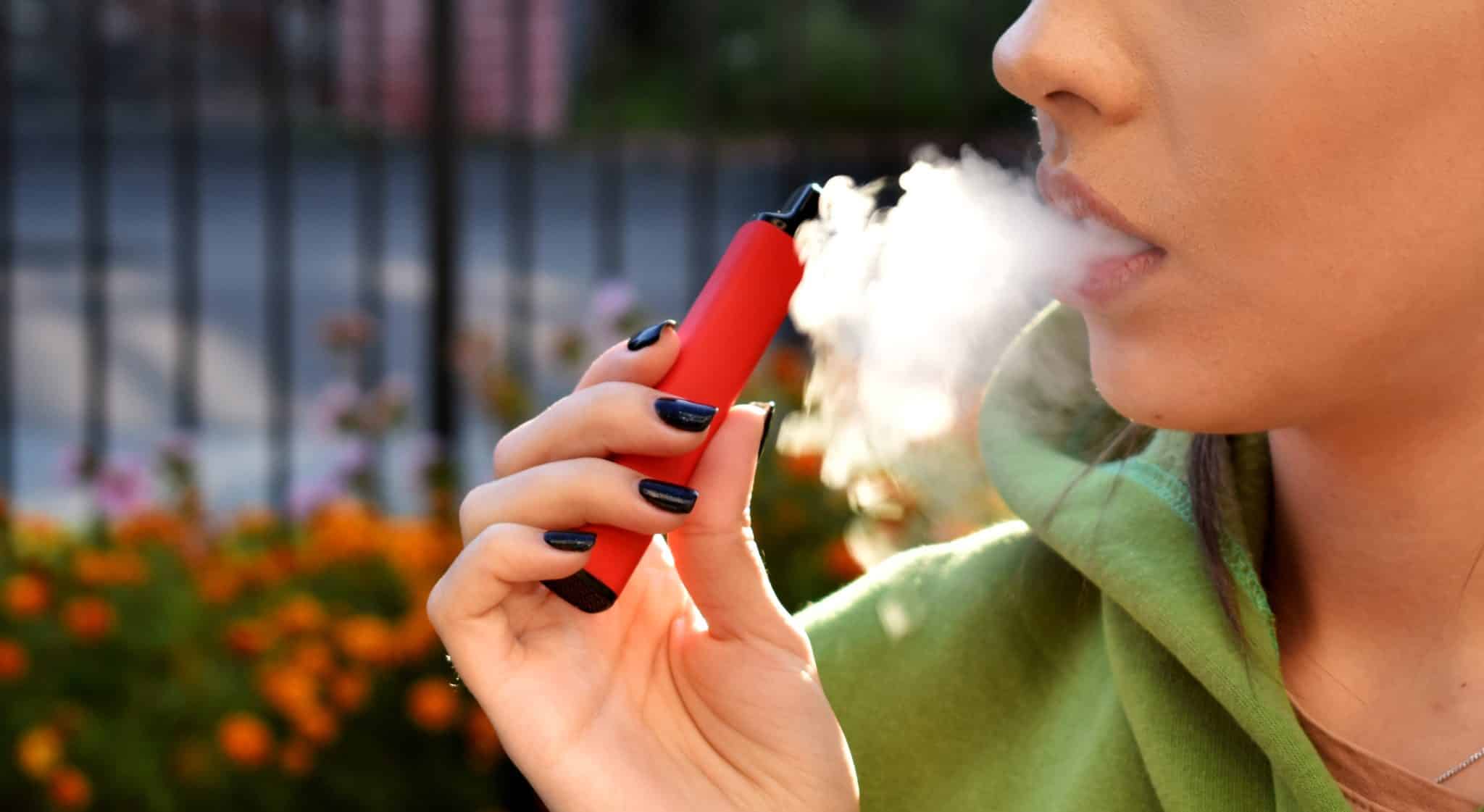Shops in Tunbridge Wells selling vapes containing nicotine near schools could be affected if the World Health Organisation’s (WHO) recommendations are taken into consideration by the Government.
On September 26, WHO recommended the prohibition of the sale of tobacco and nicotine products near schools. This could affect several shops along St John’s Road, Tunbridge Wells and London Road, Southborough, which are both in close proximity to several schools.
The Times previously reported (August 2) parents’ concerns about vape shops targeting children within Tunbridge Wells.
Headmaster of The Skinners’ School, Mr Edward Wesson, told the Times:
“Vapes are clearly a risk for teenagers. The ‘95 per cent safer than cigarettes’ theory seems to be discredited and the WHO’s stance deserves serious consideration.
“It is clear to me that nicotine products, including vapes, should not be sold near schools or, perhaps better, that shops who do sell to underage people are sanctioned in such a way as to make it not in their interest to break the law,” Mr Wesson said.
The WHO’s recommendations follow reports that ministers are planning to ban single-use vapes in the UK after concluding they are marketed toward children.
A poll by YouGov revealed that 77 per cent of people in the UK would support a ban on disposable vapes.
Councillor Pamela Wilkinson (Lib Dem) for Pantiles & St. Marks and Cabinet Member for Sport, Leisure and Health would like to see the sale of vapes banned in the UK.
She told the Times: “Although I believe vapes may have their place with adults attempting to give up smoking, I have been horrified by their widespread use by children and the time it has taken our government to take measures to combat the proliferation of use by children.
“Considering the nicotine and cocktail of chemicals within the vapes, why risk a potential future health crisis involving vaping-related lung and heart damage, asthma or indeed cancers?”
Cllr Wilkinson would support access to vapes on prescription only for those wanting to give up smoking.
She added: “This is not an example of a “nanny state” (as well-resourced tobacco lobbyists will doubtless claim), but rather sound planning to avoid the next possible public health disaster.”








